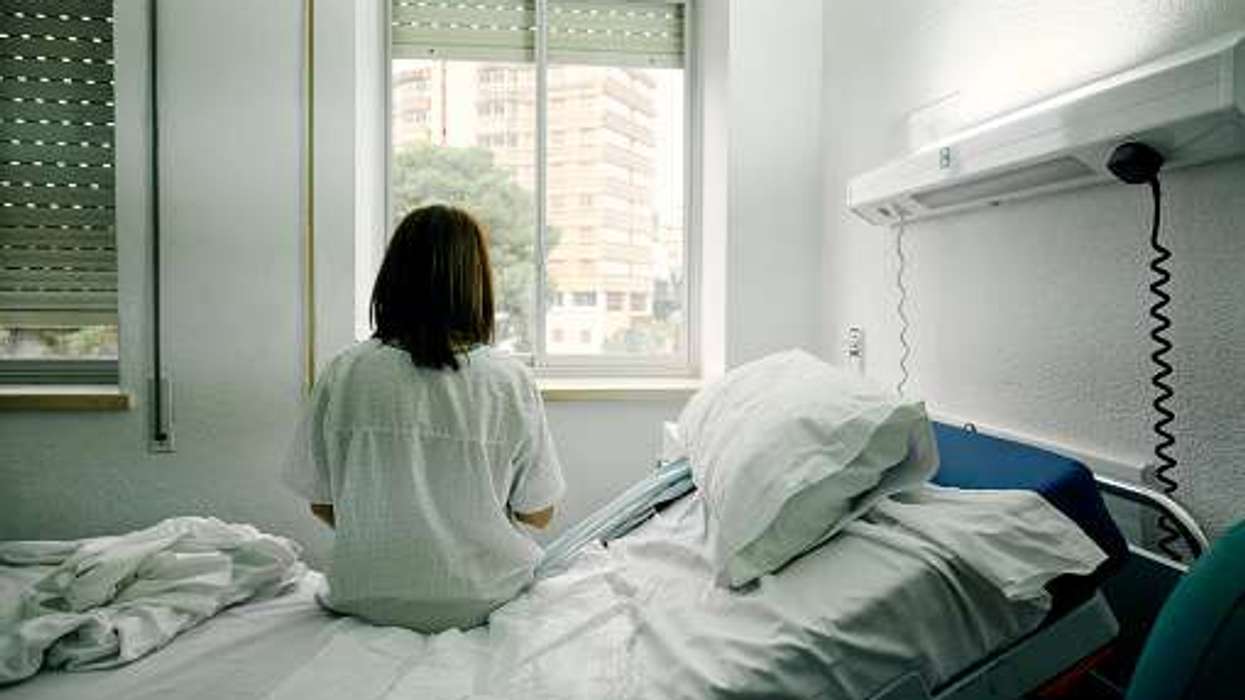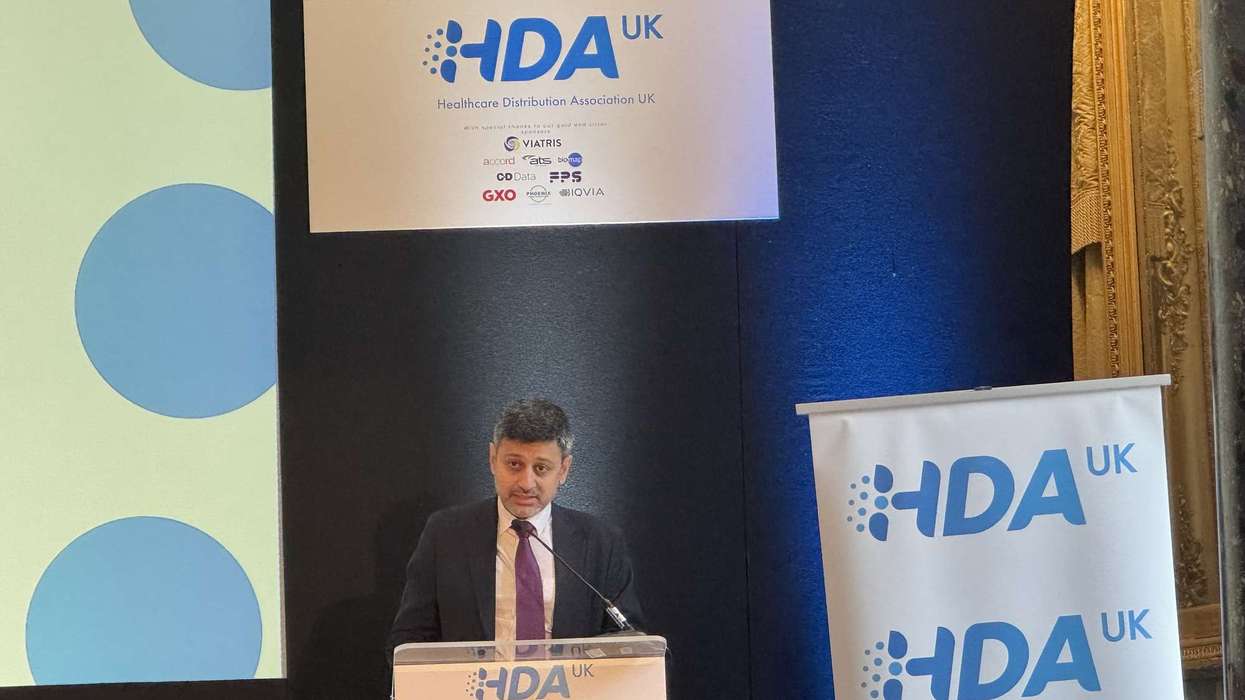Hundreds of workers at pharmaceutical giant GlaxoSmithKline are set to strike over a "derisory" pay offer way below the level of British inflation, a union said on Wednesday (April 20).
Unite general secretary Sharon Graham accused GSK of "colossal corporate greed" over an effective pay cut in real terms as Britain experiences its highest inflation in 30 years.
GSK said it was "disappointed that the Unite union has taken the decision to strike", adding that the British group "remains committed to... a solution".
It said in a statement: "We recognize the impact inflation rates are having on people around the country and are strongly committed to supporting the skilled people who work in GSK manufacturing."
About 500 Unite members, or around 13 per cent of GSK's UK manufacturing workforce, voted to strike, the drugs group said. GSK said it had offered a four-percent increase in base salary plus one-off awards.
Unite said the pay offer was for 2.75 per cent.
The official annual inflation rate in Britain stands at seven per cent -- and is seen hitting double figures by the end of 2022 -- already sparking widespread concerns over a cost-of-living crisis as food and energy costs rocket.
GSK's net profit came in at £4.4 billion ($5.7 billion) last year, while revenues topped £34 billion.
"Never before have our members at GSK voted for strike action -- their anger is a clear response to the company's colossal corporate greed," said Graham, adding that GSK "expects its workforce to swallow a pay cut in the midst of a cost-of-living crisis".
It comes as chief executive Emma Walmsley seeks to reshape GSK after facing fierce investor criticism over the company's delay in producing Covid jabs and treatments.











